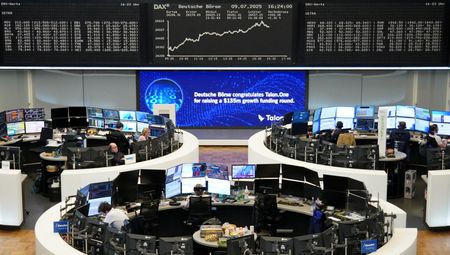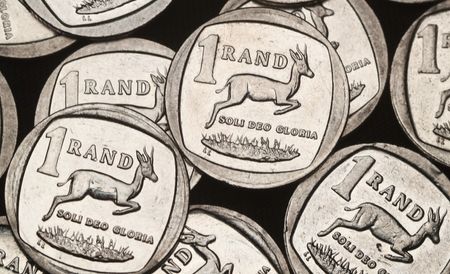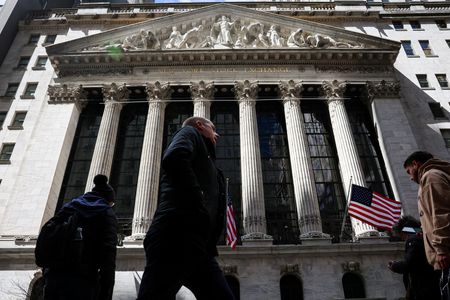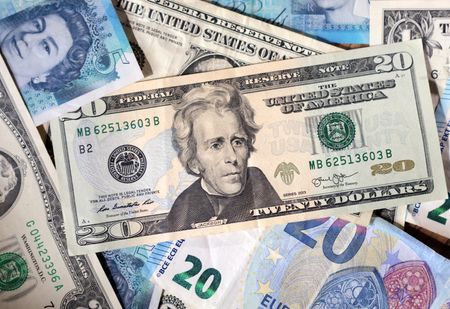By Alun John and Rocky Swift
LONDON/TOKYO (Reuters) -European stocks rose and oil edged down on Tuesday as traders assessed the implications of the previous day’s talks at the White House on the war in Ukraine, and looked ahead to a key meeting of central bankers.
U.S. President Donald Trump told President Volodymyr Zelenskiy on Monday that the United States would help guarantee Ukraine’s security in any deal to end Russia’s war there, though the extent of any assistance was not immediately clear.
Uncertainty about what it all might mean kept investors cautious but Europe’s broad STOXX600 index rose 0.5%, outperforming Asian stocks, which fell slightly. U.S. futures which were broadly flat.
Europe’s gains were capped by declines in defence names, off 2.9%, however, as traders saw the talks as a change to take profit in the sector after a strong run.
If there were to be a breakthrough in talks, “I think European stocks are likely the biggest winners, and within that framework, I think industrial companies, construction for rebuilding materials, and financial companies,” said Michael Arone, chief investment strategist at State Street Investment Management.
Losers could be shares in energy and defence after their recent gains, he said.
Energy markets were also assessing the chance of an end of the war in Ukraine, and oil prices fell on speculation that progress in the talks could lead to the lifting of sanctions on Russian crude, lifting supply. [O/R]
The moves were not dramatic though, and some analysts said developments were unlikely to jolt oil and gas markets significantly. Brent crude futures were down 84 cents at 65.76 a barrel, with U.S. crude down 79 cents at $62.63.
EYES ON THE FED
The other main event for markets this week is the Federal Reserve’s August 21-23 Jackson Hole symposium, where Chair Jerome Powell is due to speak on the economic outlook and the central bank’s policy framework.
His remarks will be closely watched as the Fed grapples with sticky inflation and signs of slowing growth. Futures markets imply at least two 25 basis point rate cuts this year, reflecting a view that the Fed will prioritise economic growth.
In addition, Trump has been pressuring the Fed to cut rates more dramatically, and has publicly speculated about replacing Powell before his term ends next year.
“The question is to what degree is the Fed happy to ignore the inflation data because they think it is distorted by tariffs,” said Ian Samson, portfolio manager at Fidelity International.
“If you look out one year, you’re not going to have Powell as Fed chair, there are a couple of governors to replace, so the balance is clearly going towards people who are willing to look through tariffs, and thus continue to lower interest rates.”
Such a scenario would likely bode well for equities, help shorter dated government bonds, and weigh on the dollar, though the impact for longer dated bonds is less clear, said Samson, adding that he was largely avoiding the long end of the U.S. yield curve.
Longer dated yields around the world have been rising in recent months. German and British 30-year yields have tested multi-decade highs, and the latter rose sharply late on Monday. [GB/]
Bond markets were calmer on Tuesday, with U.S., German and British government bond yields all marginally lower, with the benchmark 10 year Treasury yield at 4.33%. [US/] [GVD/EUR]
In currency markets, dollar was a touch softer on most currencies, with the euro up 0.23% at $1.1686. [FRX/]
Gold was a fraction firmer at $3,341 an ounce. [GOL/]
(Reporting by Alun John in London, additional reporting by Rocky Swift in Tokyo and Davide Barbuscia in New York; Editing by Shri Navaratnam, Kim Coghill and Christina Fincher)










